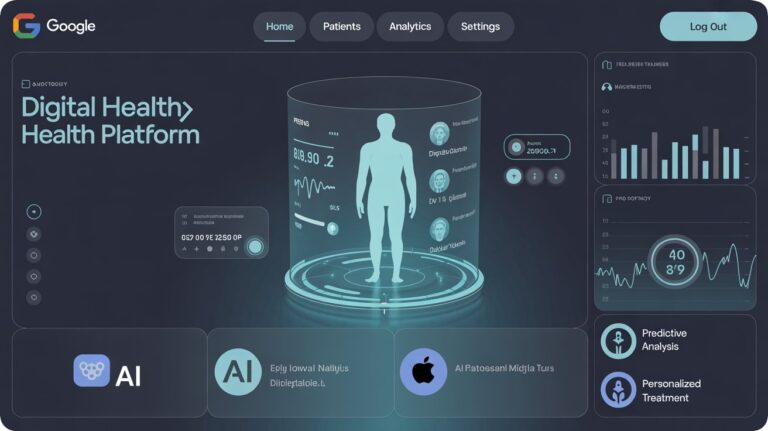
TL;DR
- A comprehensive new study shows marijuana use doubles the risk of death from heart disease among mostly young adults aged 19-59.
- Cannabis users face a 29% higher risk of heart attacks and a 20% higher risk of stroke compared to nonusers.
- The increasing potency of marijuana, especially concentrates and vapes, exacerbates health risks including addiction and psychosis.
- Experts call for urgent public health warnings and clinical screening for cannabis use similar to tobacco.
Marijuana and Heart Disease: New Research Unveils Alarming Risks
A recent large-scale meta-analysis pooling medical data on over 200 million people reveals that marijuana use significantly increases the risk of dying from cardiovascular diseases such as heart attacks and strokes. This finding challenges the popular assumption that cannabis carries minimal heart-related risks.
Émilie Jouanjus, associate professor of pharmacology at the University of Toulouse, France, who led the study, said the concerning aspect is that many hospitalized patients with cannabis-related cardiovascular disorders were young and had no previous heart disease or tobacco use history. This suggests marijuana itself may pose a distinct risk.
The study, published in the journal Heart, found cannabis users had a 29% higher risk of heart attacks and 20% higher risk of stroke than nonusers.
Expert Opinions Stress Urgent Reevaluation of Cannabis Risks
Pediatrician Dr. Lynn Silver, from the University of California, San Francisco, called this one of the largest studies linking marijuana and heart disease and urged reconsideration of cannabis’s cardiovascular safety. As heart disease remains the leading cause of death globally, recognizing marijuana’s role is critical.
Silver advocates for healthcare providers to screen patients for cannabis use and provide education about associated health risks, just as they do for tobacco. She also emphasizes the need for stronger regulatory focus on public health warnings about cannabis harms beyond just legalization and commercial licensing.
Understanding How Marijuana Affects Heart Health
Most of the studies in the meta-analysis came from countries including the US, Canada, France, Australia, Sweden, and Egypt, conducted between 2016 and 2023. While users’ exact consumption methods (smoking, vaping, edibles, tinctures) were not detailed, experts believe smoking remains the dominant form.
Tobacco smoking is a well-known cause of heart disease because its smoke contains chemicals and particulates that damage blood vessels and promote clotting. Cannabis smoke likely causes similar vascular damage, with additional risks from secondhand exposure.
Dr. Beth Cohen, professor at UCSF, highlighted that burning plant material—whether tobacco or cannabis—produces harmful toxins and carcinogens.
Edibles and Cardiovascular Impact
Recent studies also suggest that THC-infused edibles can impair vascular function. A 2025 study by researchers at UCSF found that vascular function was reduced by 42% in marijuana smokers and by 56% in THC edible users compared to nonusers, indicating edibles may also contribute to early heart disease.
The Growing Problem of High-Potency Cannabis
A major complicating factor is the sharp rise in cannabis potency over the last decades. Silver notes that today’s products are 5 to 10 times stronger than in the 1970s, with some concentrates reaching 99% THC purity and vapes exceeding 80% THC.
This increased potency correlates with heightened risks of addiction, psychosis, and other severe side effects. A 2022 study linked high-potency cannabis consumption to a fourfold increase in dependence risk.
The CDC reports about 30% of US marijuana users meet criteria for cannabis use disorder. The increased potency may also mean the cardiovascular risks found in the meta-analysis underestimate the true danger today.
Public Health Implications and Next Steps
Given the mounting evidence, experts urge that public health authorities, clinicians, and regulators take cannabis’s health risks seriously. Silver advocates for routine screening of cannabis use in clinical settings and more comprehensive education campaigns about its potential harms.
Émilie Jouanjus warns, “The association between marijuana use and cardiovascular disease might be even stronger than currently reported.”
Patients, especially older adults or those with existing heart disease risk factors, should consult healthcare providers before using cannabis.
Marijuana and Cardiovascular Risk Study Highlights
| Metric | Value | Source |
| Increased risk of death from heart disease | 2x (doubled risk) | Heart Journal Study |
| Increased risk of heart attacks | 29% higher compared to nonusers | Same as above |
| Increased risk of stroke | 20% higher compared to nonusers | Same as above |
| Reduction in vascular function (smokers) | 42% lower than nonusers | UCSF 2025 Study |
| Reduction in vascular function (edible users) | 56% lower than nonusers | Same as above |
| Cannabis potency increase since 1970s | 5 to 10 times stronger THC content | NIDA Report |
Conclusion
This landmark study highlights the urgent need to reassess cannabis use in the context of cardiovascular health. Marijuana use, especially with rising potency and widespread smoking or vaping, is linked to significantly higher risks of heart attacks, strokes, and death from heart disease.
Health professionals must screen for cannabis use and educate patients about these risks, while regulators need to focus on clear public health warnings. For those with heart disease risk factors, cautious consideration of cannabis use is advised.






